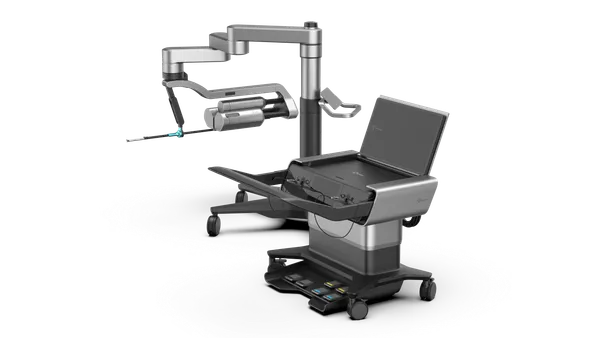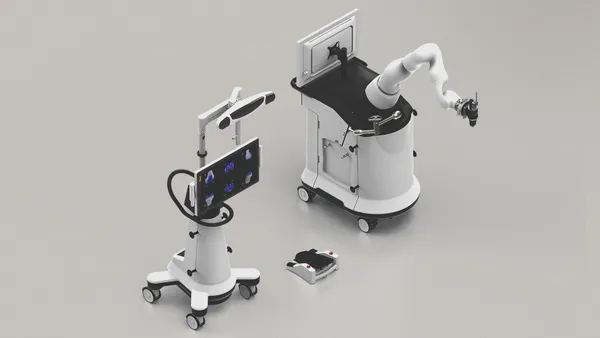Dive Brief:
-
Philips and its partners have received $2.8 million in U.S. government funding to validate a wearable device in the early detection of COVID-19.
-
The project will assess BioSticker, a BioIntelliSense device built into Philips’ remote patient monitoring offering, in a trial of 2,500 people recently exposed to the coronavirus. The device measures skin temperature, resting heart rate and other variables affected by virus.
- Developers of consumer and clinical-grade wearables have touted the potential for devices to detect, and thereby contain, presymptomatic COVID-19 cases since early in the pandemic but validation of the idea is ongoing.
Dive Insight:
Manufacturers of consumer wearables, such as Fitbit and Garmin, and sellers of their clinical-grade equivalents including Sonica Health responded to the pandemic by initiating studies to assess the ability of their products to detect COVID-19 early. The initiatives were built on pre-pandemic studies that showed wearables may detect changes in vital signs that indicate a patient has a viral infection.
But evidence on efficacy is still shaky at best.
Writing in a Tuesday viewpoint article in the Journal of Medical Internet Research, Duke University researchers warned that while the desire to use consumer wearables to monitor potential symptoms of infection is understandable due to the pandemic, the danger is that many people are improperly using these devices to monitor for signs of illness and are "relying too heavily on data that does not have a sufficient evidence base."
The funding also comes a week after Philips inked a deal for $2.8 billion to scoop up BioTelemetry as it doubles down on remote patient monitoring.
Philips has touted the role that the clinical-grade wearable BioSticker can play in the response to the coronavirus. In July, Philips issued a statement to disclose an agreement with BioIntelliSense to integrate the single-use, FDA-cleared 510(k) class II wearable medical device into its remote patient monitoring offering. The patch is worn for up to 30 days.
At that time, Philips focused primarily on the potential for BioSticker to enable remote monitoring of COVID-19 patients, notably of infected individuals who are well enough to stay at home but could deteriorate and require hospitalization. Philips also noted the prospect of the device being used to monitor patients suspected of having COVID-19.
Now, working with BioIntelliSense and the University of Colorado, Philips will assess the use of the wearable in the monitoring of patients at high risk of developing COVID-19. The clinical trial will enroll 2,500 people who were recently exposed to the coronavirus or a person displaying early symptoms.
The enrollment criteria should result in a higher proportion of infected, presymptomatic patients in the trial than would be achieved in an all-comers study, enabling the partners to draw conclusions about BioSticker without studying tens of thousands individuals. Drug developers have taken similar approaches to the assessment of prophylactic antibodies, for example by targeting nursing homes with confirmed cases of COVID-19.
Philips and its collaborators have received $2.8 million from the U.S. Army Medical Research and Development Command to fund the study. Commander Christopher Steele, director of the Military Operational Medicine Research Program at USAMRDC, said gaining the ability to identify COVID-19 patients before symptoms arise "can directly maximize military preparedness and provide immediate benefit for the general population."
The ability of presymptomatic individuals to transmit the coronavirus has made it harder to contain the pathogen. Even if everyone quarantined as soon as symptoms started, the coronavirus may continue to spread to some extent as people appear to be infectious before they fall ill, although the extent of presymptomatic spread is subject to debate.











